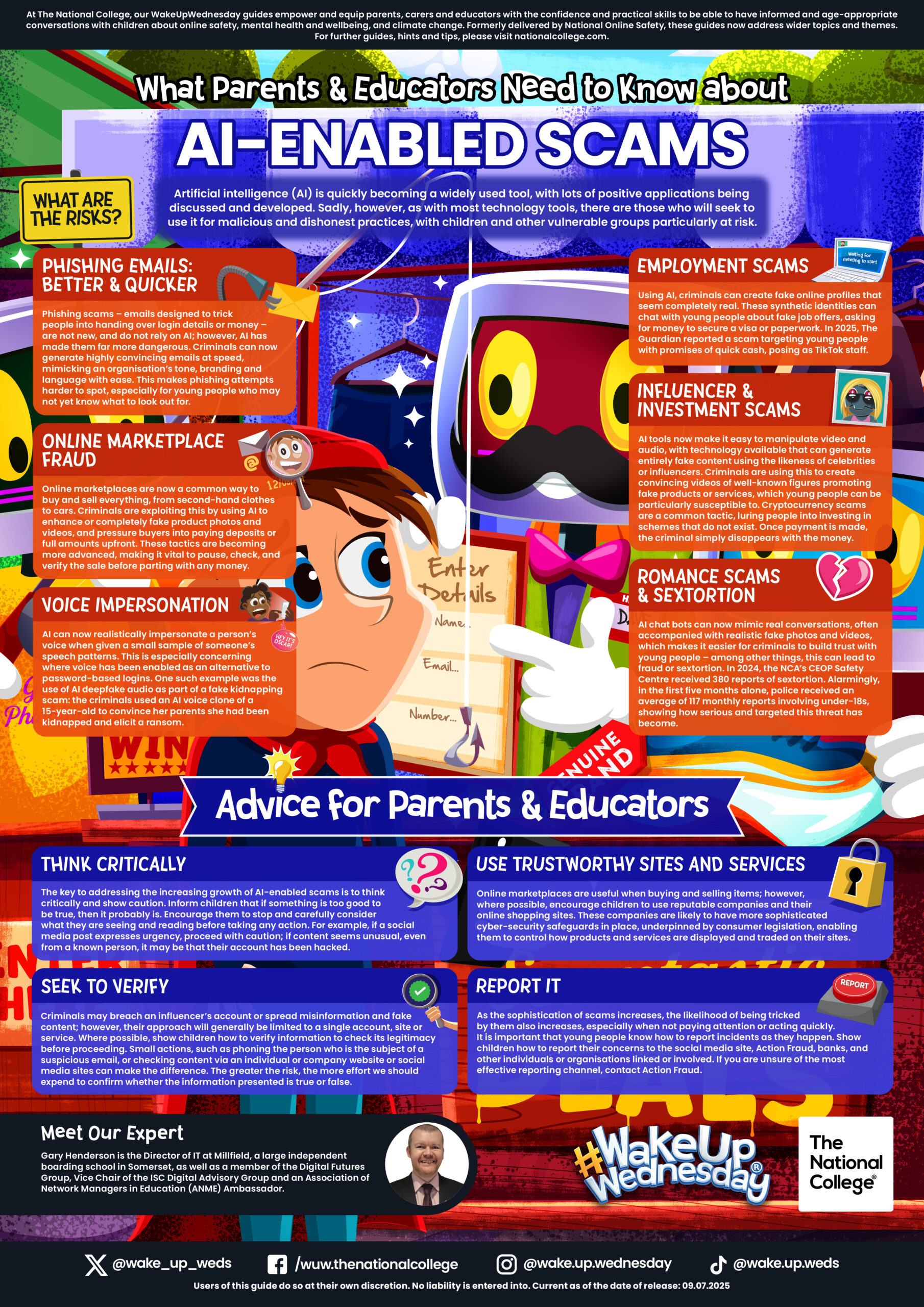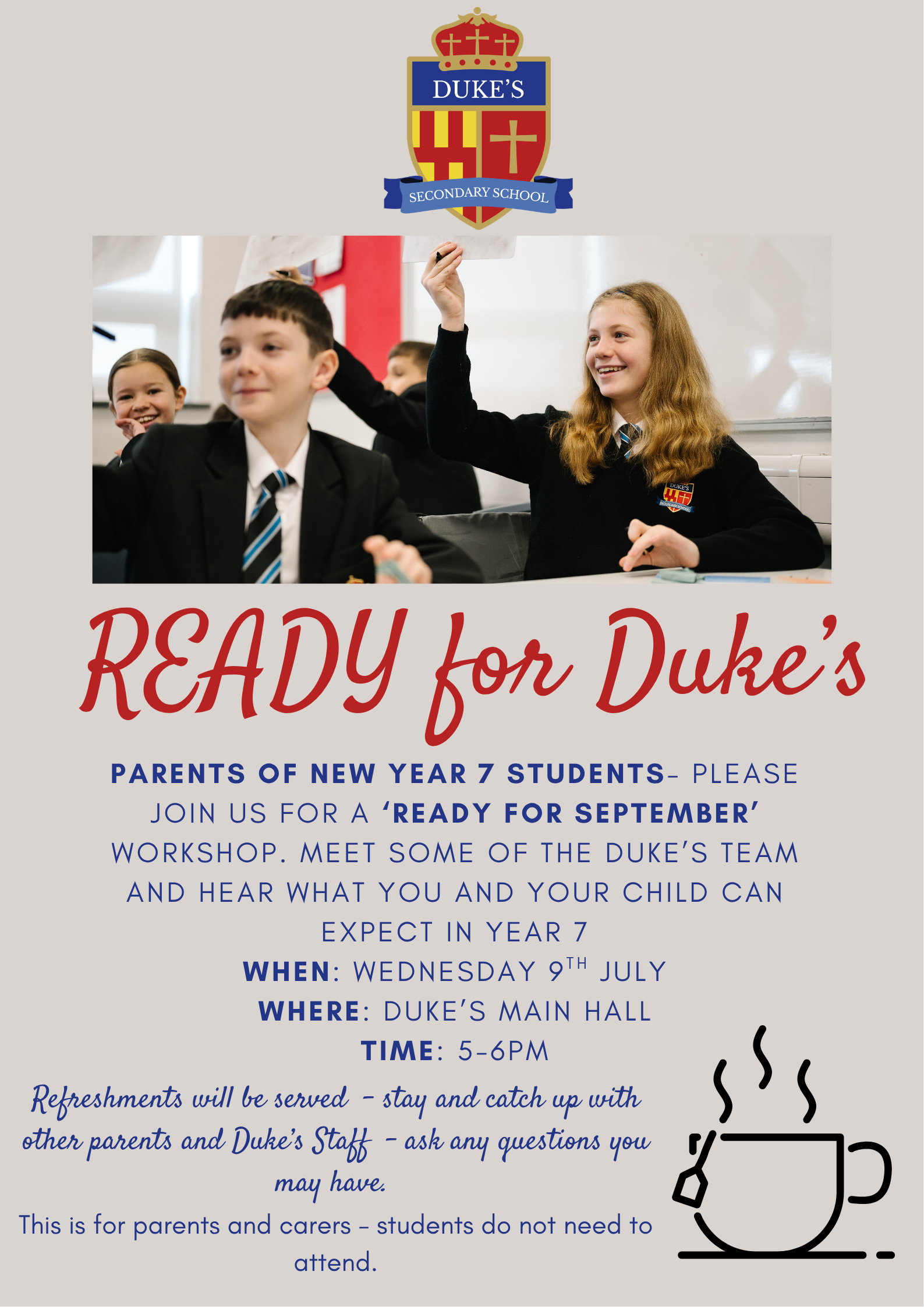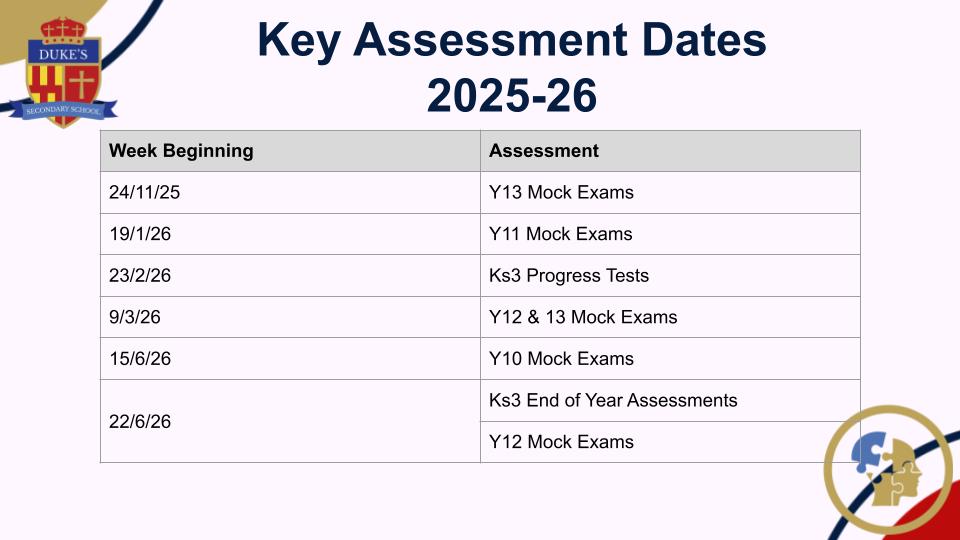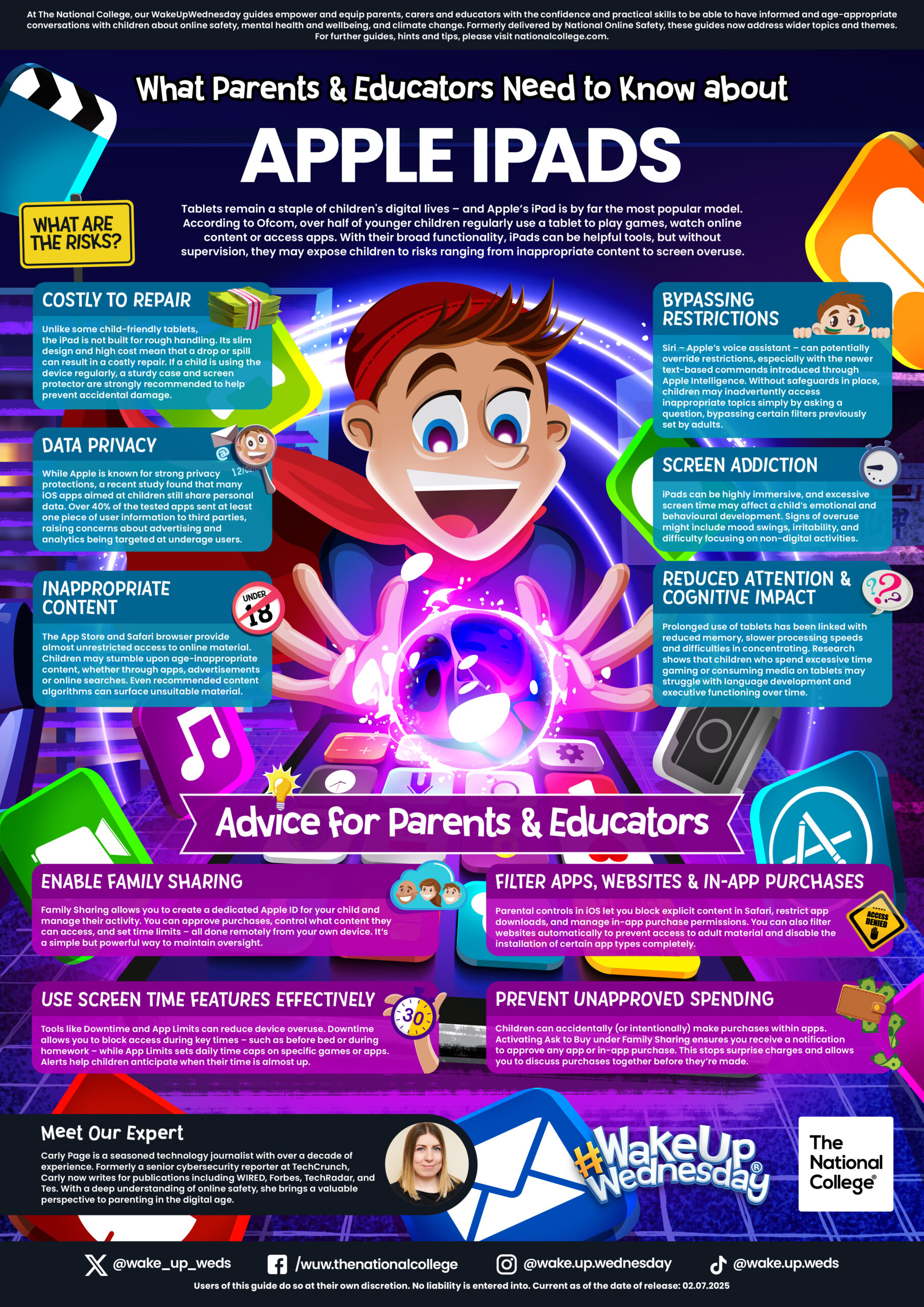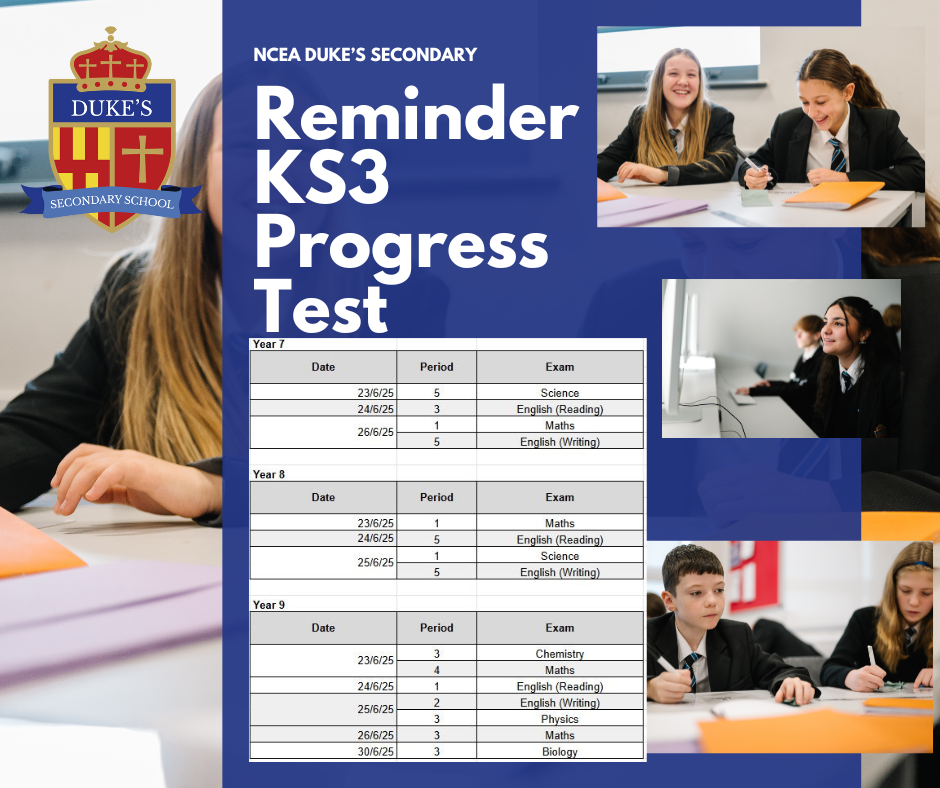As we approach Activities Week, please take note of the following important information and reminders:
Flamingo Land Trips
Students attending the Flamingo Land trip will need to be in school early, as we will be departing promptly at 7:30am.
-
Year 7 & 8 – Tuesday, 14th July
-
Year 9 & 10 – Thursday, 16th July
Please ensure your child arrives on time and is dressed appropriately for the day.
Dress Code for Activities Week
We’ve had a few questions about what students should wear next week. To clarify:
-
Students do not need to wear school uniform.
-
Clothing should be comfortable and appropriate for the specific activity or trip they are taking part in – this includes trip “IN” days, Tutor Day, and CCF Day.
For example, on CCF Day, students should avoid wearing anything valuable and be prepared to get muddy or wet. A change of clothes may be a good idea, especially considering last year’s water fight!
Sports Day – Friday 18th July
All students are required to wear their full Duke’s PE kit on Sports Day.

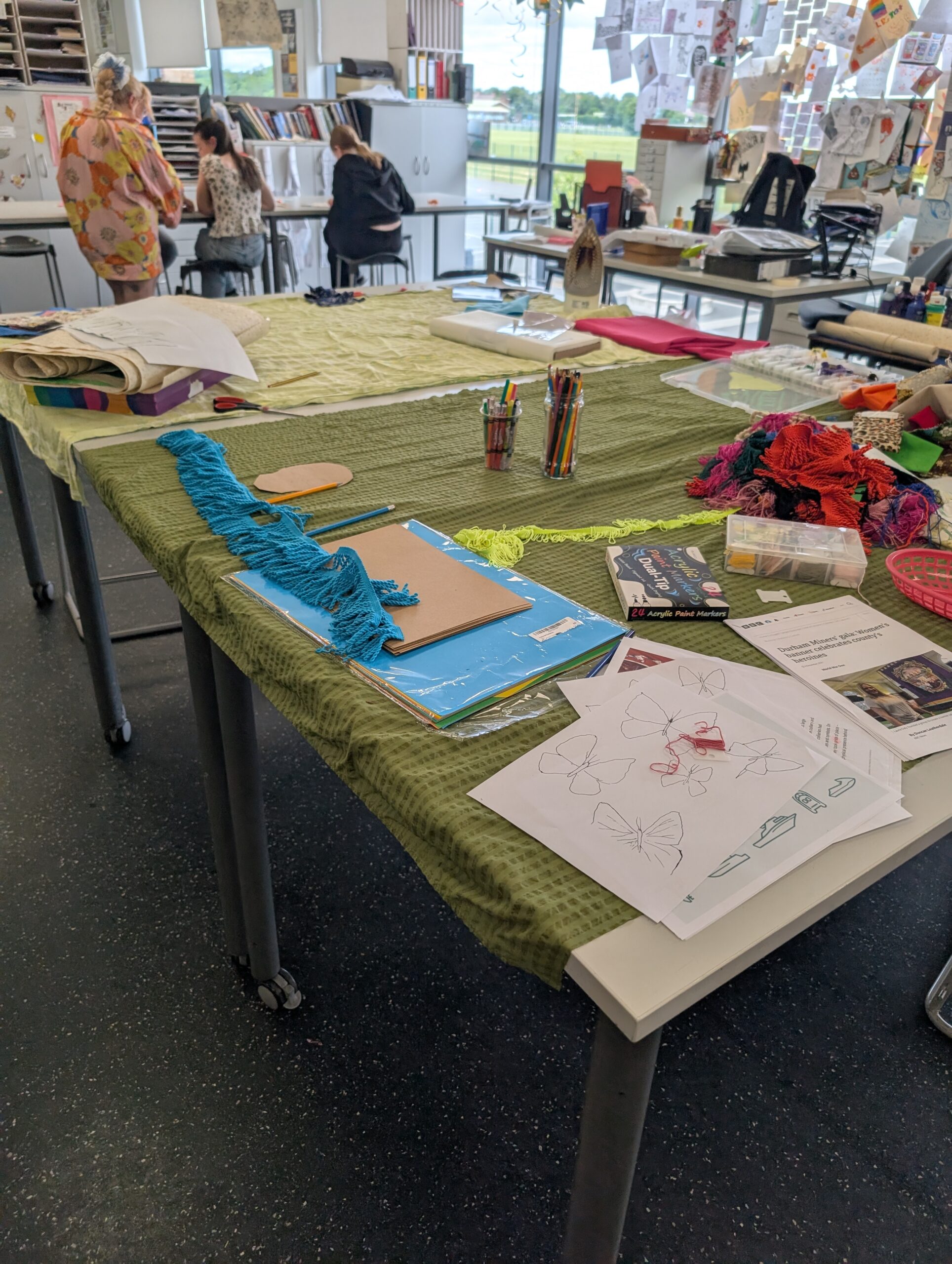
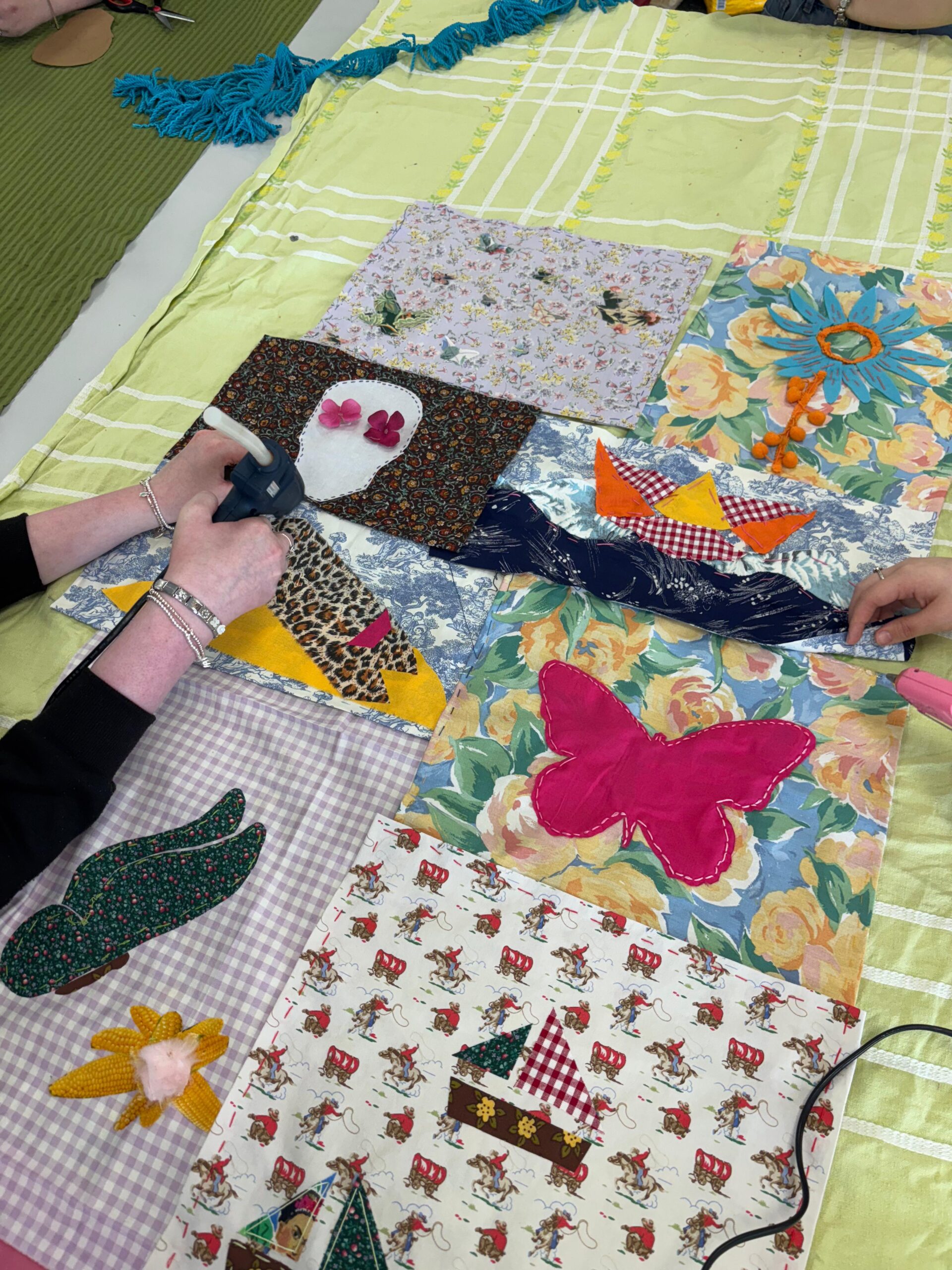
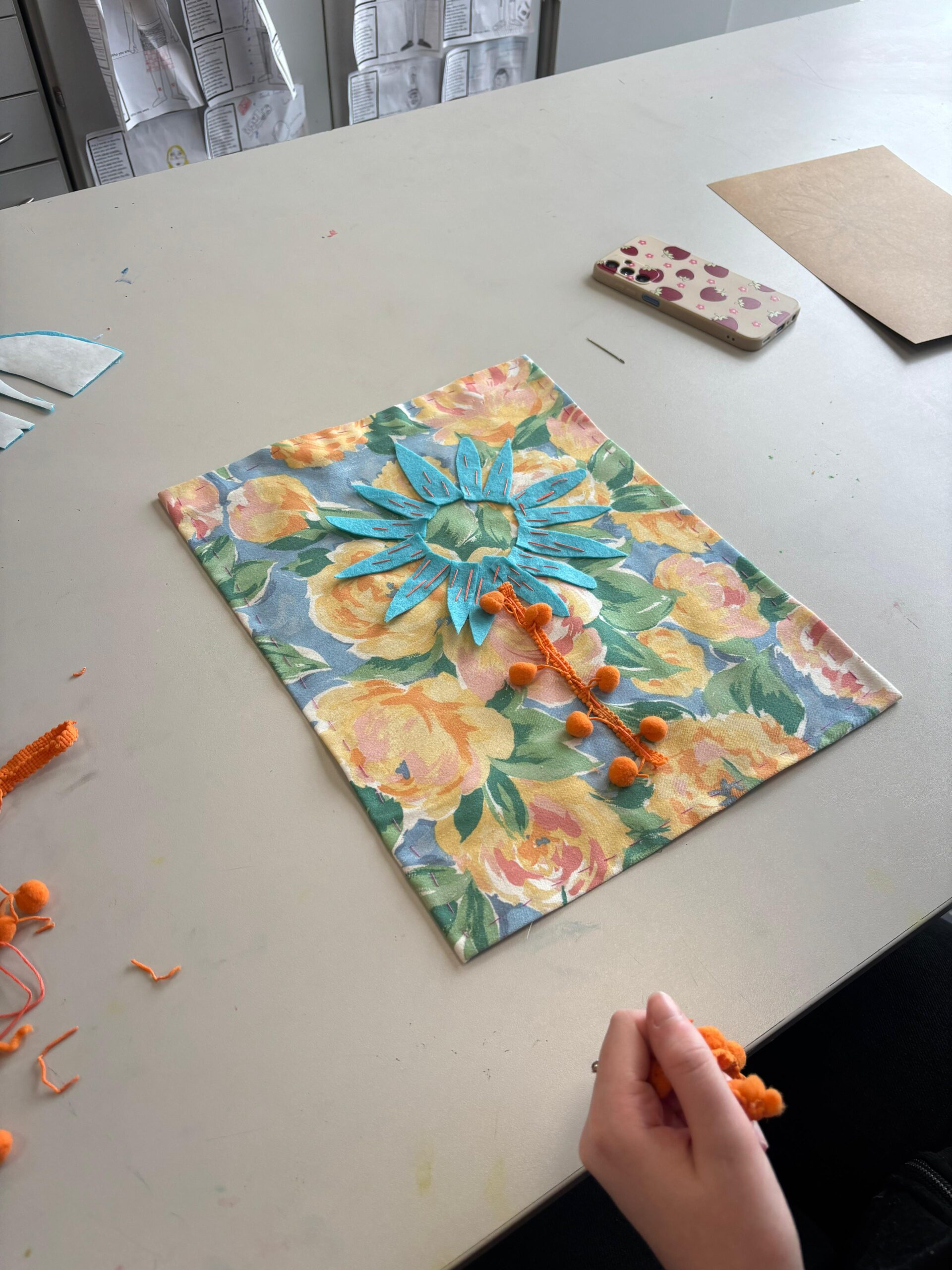
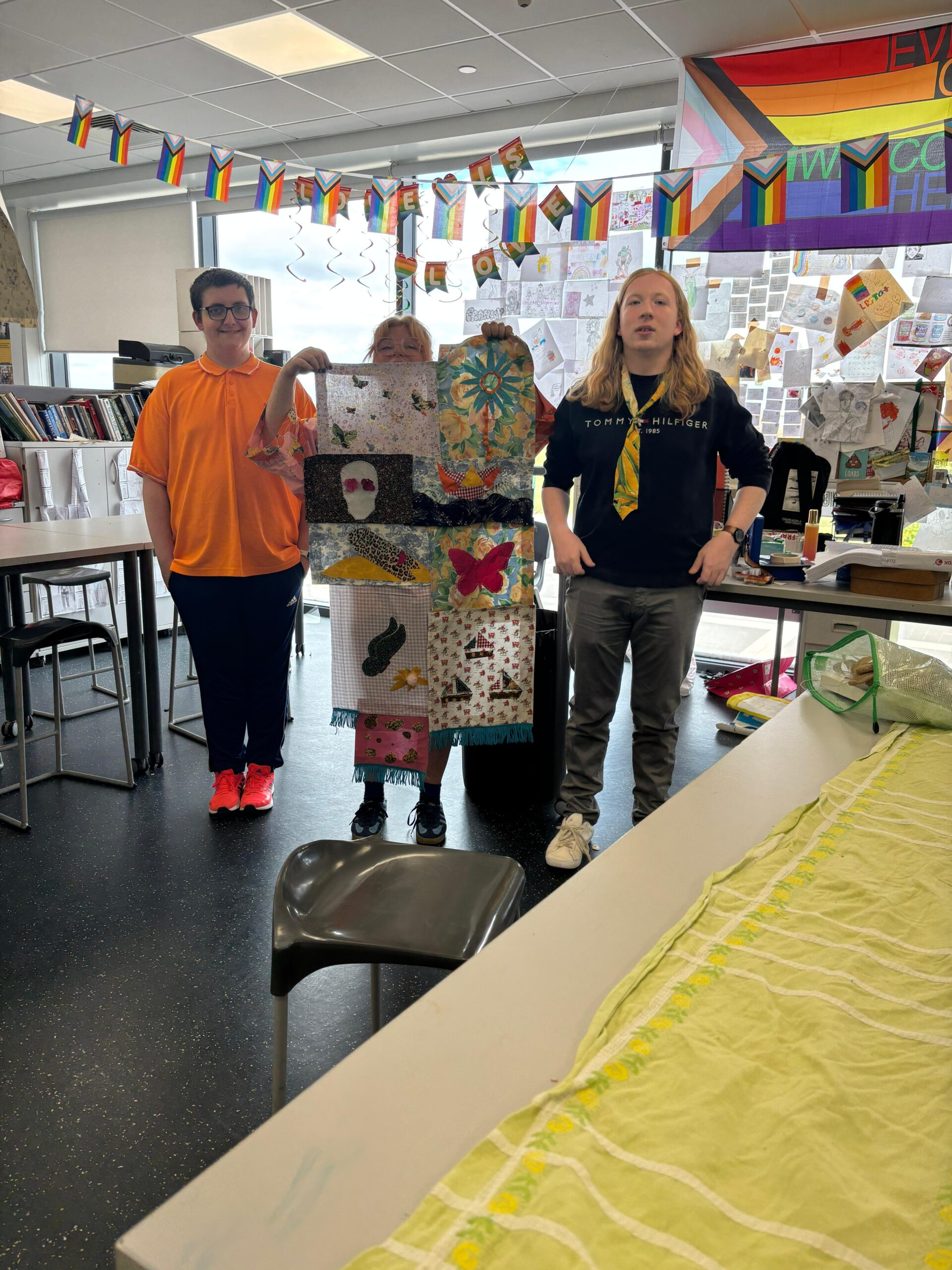
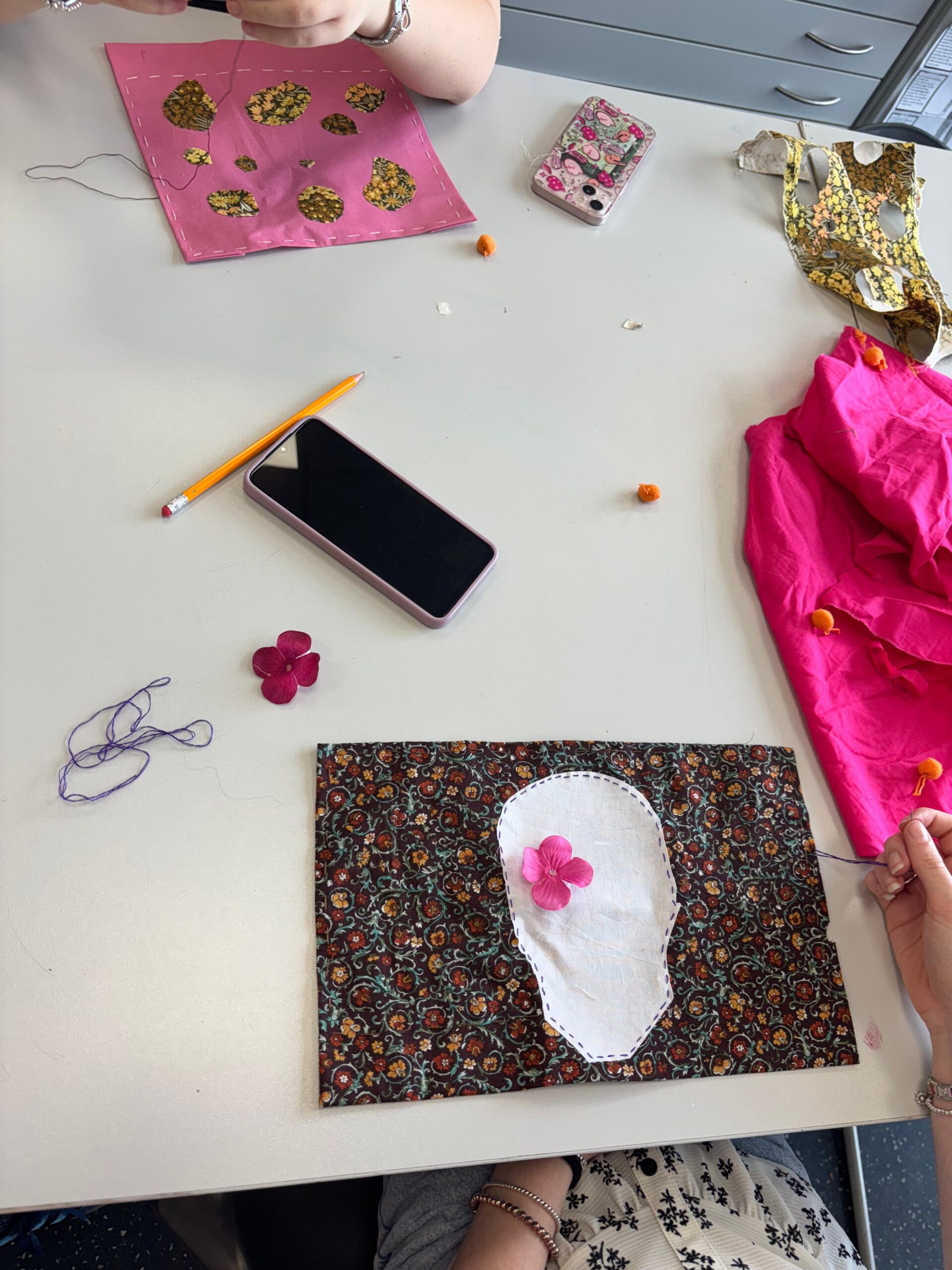 ennie Eyre of Bianco Perry visited our 6th form students to run a banner making workshops where students explored the theme of boats, butterflies and freedom. This supports our Gold Arts Award students in their creation of the new atrium display, where 6th formers taught our youngest students to create origami boats and butterflies!
ennie Eyre of Bianco Perry visited our 6th form students to run a banner making workshops where students explored the theme of boats, butterflies and freedom. This supports our Gold Arts Award students in their creation of the new atrium display, where 6th formers taught our youngest students to create origami boats and butterflies!